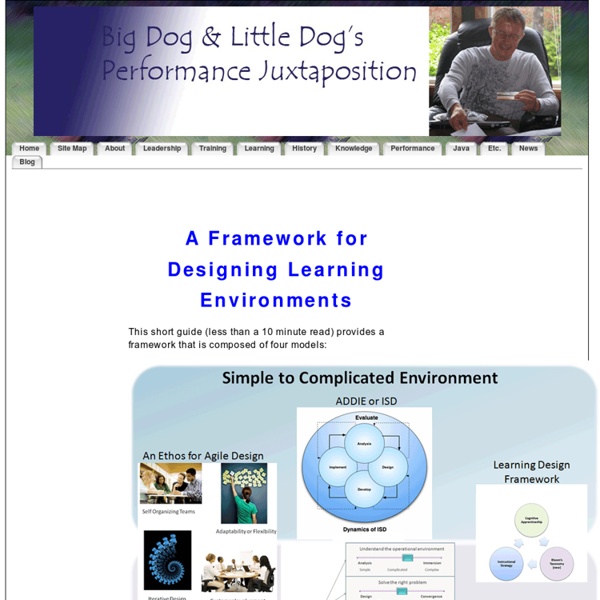



Learning Culture Audit :: Ageless Learner How Strong is Your Learning Culture? One way to begin the process of creating a learning culture and to enroll others in the effort is to conduct a learning culture audit. A simple diagnostic can help you assess your organization and your management team’s orientation to learning. An assessment describes the characteristics of cultures that encourage learning and those that block learning. While this learning culture self-audit is not exhaustive and may not be in the form that will work best for your organization, it may help you assess how you are doing as a leader of an organization that values learning and growth. By taking your organizations through this audit, you begin to demonstrate that you’re willing to ask tough questions and have an interest in hearing answers that are honest rather than reassuring. Rank your organization on each characteristic on a scale of 1 to 5, 5 being always yes and 1 being always no. © Marcia Conner, 2004-2013.
Knowing What We Know by Cross, Parker, Prusak, Borgatti :: Ageless Learner When we think of where people turn for information, we usually think of databases, the Internet, intranets and portals, or more traditional repositories such as file cabinets or manuals. What we may not think of is one of the most crucial sources of all: other people. Research in sociology, social psychology, communication, and management has consistently shown that who you know has a substantial impact on what you come to know; personal relationships are critical for obtaining information, solving problems, and learning how to do your work. Emerging collaborative technologies will certainly facilitate virtual work, and skill-profiling systems can help people locate relevant expertise in an organization. With this in mind, we initiated a research program designed to help managers promote knowledge creation, sharing, and learning in strategically important networks of employees. Access: Knowing what someone else knows is useful only if that person is available in time to help.
Creating a Learning Culture by Marcia L. Conner and James G. Clawson :: Ageless Learner A learning culture is a self-sustaining culture that produces more energy than it consumes.- Marcia Conner, Creating a Learning Culture Over the last decade I’ve worked with many organizations interested in developing this type of culture. They have ranged in size from under 100 people to well over 100,000 people working together around the world. If you’re interested in turning your organization into a learning culture, here are some resources you might find helpful. In 2005 I wrote an article for Fast Company Magazine that’s been reposted to my blog. It encourages readers to ask “How can I dramatically increase my organization’s ability to learn?” One way to begin the process of creating a learning culture and to enroll others in the effort is to conduct a learning culture audit. Creating a Learning Culture: Strategy, Technology, and Practice. “A World of Magnificent Maniacs: Learning at WD-40” [.pdf] by Garry O. “At the Water Cooler of Learning” by David Grebow.
Will at Work Learning